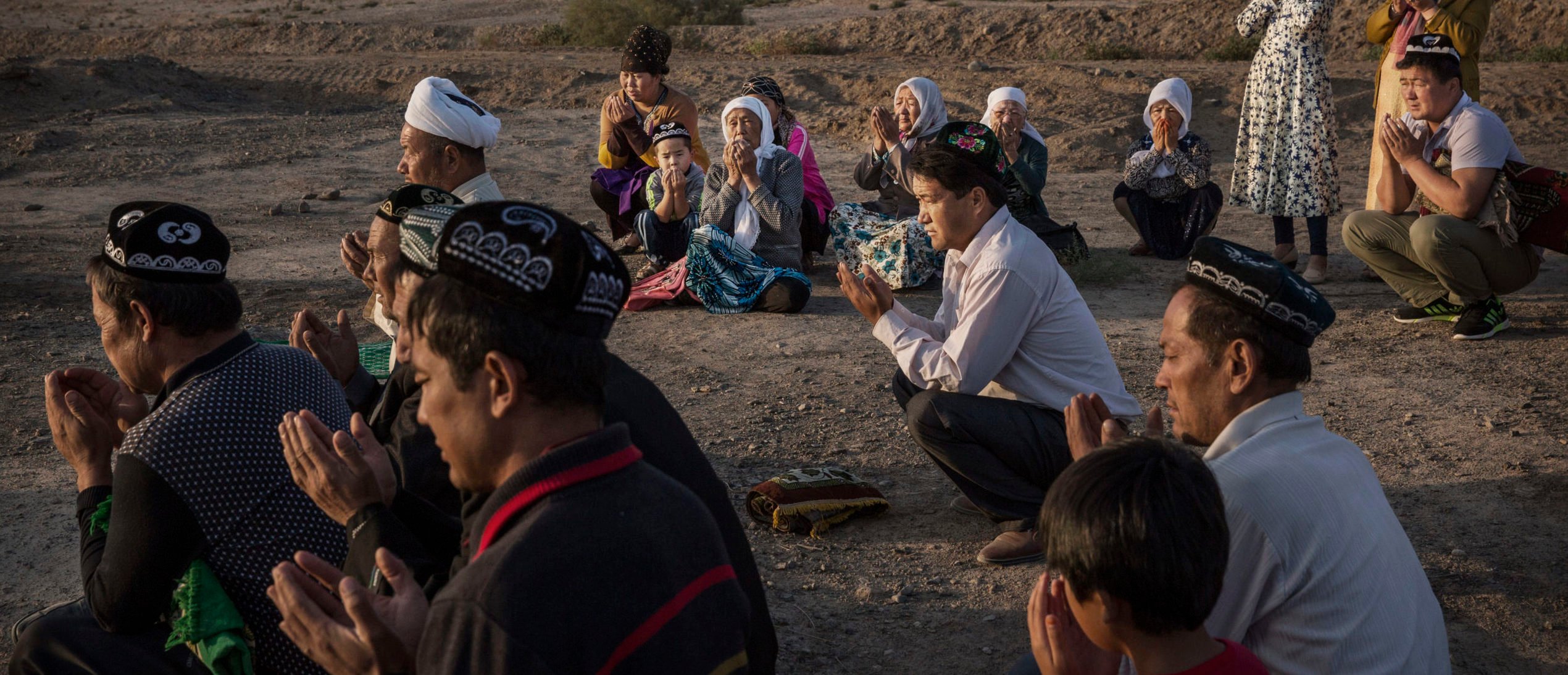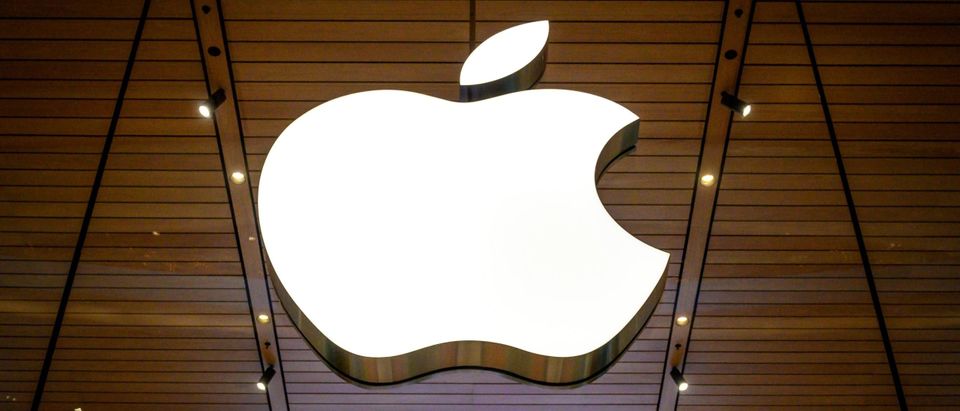Apple, the trillion dollar tech company, paid a consulting firm $90,000 to “educate policymakers” regarding a bill that would prohibit U.S. companies from using forced labor of Uighur Muslims in China, according to lobbying disclosure reports filed on Friday.
Apple paid two consulting firms for work on the House version of the Uyghur Forced Labor Prevention Act in the fourth quarter of 2020, according to the lobbying reports. The company paid $90,000 to Invariant LLC and the same amount to Fierce Government Relations, the records show.
The Washington Post reported in November that lobbyists for Fierce Government Relations met with congressional staffers in an attempt to soften language in the Uyghur Forced Labor Prevention Act, which passed in the House by a vote of 406-3 vote on Sept. 22, 2020.
Invariant lobbied the House and Senate, while Fierce lobbied both chambers of Congress as well as the Department of Homeland Security, according to the latest disclosures.
According to Invariant’s filing, the firm sought to “Educate policymakers on issues related to workforce and supply chains in China, H.R. 6210, Uyghur Forced Labor Prevention Act.”
Invariant, which was founded by Heather Podesta, a longtime lobbyist aligned with Democrats, did not respond to a request for comment.
Nike, Coca-Cola and several retail trade groups disclosed payments to lobbying firms for work on the Uighur labor bill, according to filings submitted on Friday. (RELATED: Companies Lobbying To Soften Bill That Bans Uyghur Forced Labor)
Nike paid five firms a total of $115,000 for lobbying on a variety of issues, including on the House bill. The apparel giant paid $15,000 to GrayRobinson, $30,000 to Empire Consulting Group, $30,000 to Ogilvy Government Relations, $10,000 to DiNino Associates and $30,000 to Capitol Counsel.

A Uyghur family pray at the grave of a loved one on the morning of the Corban Festival on September 12, 2016 at a local shrine and cemetery in Turpan County, in the far western Xinjiang province, China. (Kevin Frayer/Getty Images)
The Retail Industry Leaders Association spent $590,000 to lobby in the fourth quarter on numerous pieces of legislation, including the Uighur act. The American Apparel & Footwear Association forked out $216,929 to lobby on a variety of trade issues.
The Trump administration cracked down heavily on companies suspected of relying on forced labor in China’s Xinjiang region, where most of the country’s Uighur population resides.
In September, the Department of Homeland Security placed what are known as Withhold Release Orders on products from the region.
“By taking this action, DHS is combating illegal and inhumane forced labor, a type of modern slavery, used to make goods that the Chinese government then tries to import into the United States. When China attempts to import these goods into our supply chains, it also disadvantages American workers and businesses,” Ken Cuccinelli, who was acting deputy secretary of DHS, said at the time.
Apple has pushed back on allegations that the company’s supply chain relies on forced labor.
A spokesman for the company told The Washington Post for its article last year that it “is dedicated to ensuring that everyone in our supply chain is treated with dignity and respect.”
“We abhor forced labor and support the goals of the Uyghur Forced Labor Prevention Act,” the spokesman, Josh Rosenstock, told The Post.
Apple did not immediately respond to a request for comment for this story.
All content created by the Daily Caller News Foundation, an independent and nonpartisan newswire service, is available without charge to any legitimate news publisher that can provide a large audience. All republished articles must include our logo, our reporter’s byline and their DCNF affiliation. For any questions about our guidelines or partnering with us, please contact licensing@dailycallernewsfoundation.org.


